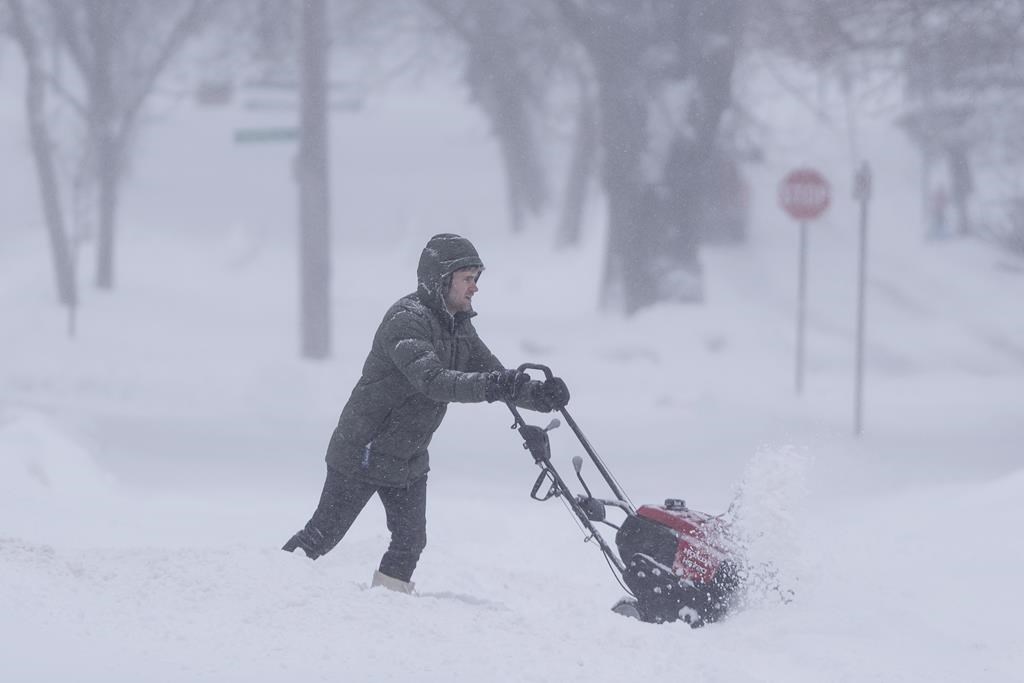The federal government has approved a request for assistance in Nova Scotia, after the province experienced one of its heaviest snowfalls in 20 years.

Over 100 centimetres of snow fell in some areas of Cape Breton between Friday and Monday, burying cars, piling on roofs and blocking roads. Additionally, central areas of the province received 40 to 50 centimetres and parts of northern mainland Nova Scotia saw between 70 and 80 centimetres.
The province requested federal aid from Federal Minister of Emergency Preparedness Harjit Sajjan earlier this week, and on Tuesday, the federal government confirmed that help is coming.
“We are working closely with the Government of the Nova Scotia to ensure communities have the support they need to recover from the effects of this significant winter storm,” Sajjan said in a news release.
“Our thoughts are with all Canadians affected throughout Atlantic Canada, as well as with the first responders and emergency managers working hard to keep people safe. We will be there for all communities when they need us that are affected by worsening weather events brought on by climate change.”
The release said Parks Canada will provide heavy snow clearing equipment and personnel from the Cape Breton Highlands National Park to help neighouring communities remove snow from the Cabot Trail and nearby roads.

Get breaking National news
The Canadian Coast Guard will also provide air transport capabilities to help deliver critical supplies and evacuate isolated and at-risk individuals, and Public Services and Procurement Canada will coordinate with the province and “support any emerging contracting needs” to help the province procure snowplows.
Sajjan also said Monday that organizations such as the Red Cross will help with humanitarian work.
Meanwhile, the provincial government is asking people in Cape Breton to stay off the roads as more snow-clearing equipment is being brought into the area.

The Cape Breton Regional Municipality declared a state of local emergency on Sunday, which may remain in place for the rest of the week.
On Tuesday morning, provincial offices in Inverness and Victoria counties as well as Cape Breton Regional Municipality were closed, while offices in Pictou, Antigonish, Guysborough and Richmond counties were scheduled to open at noon.
Schools across Cape Breton were closed, as were schools in parts of northern and eastern Nova Scotia, where government offices were expected to open later in the day.
Nova Scotia Health says some non-emergency services may be reduced in the northern and eastern zones because of heavy snow and poor road conditions.
— with files from The Canadian Press









Comments
Want to discuss? Please read our Commenting Policy first.